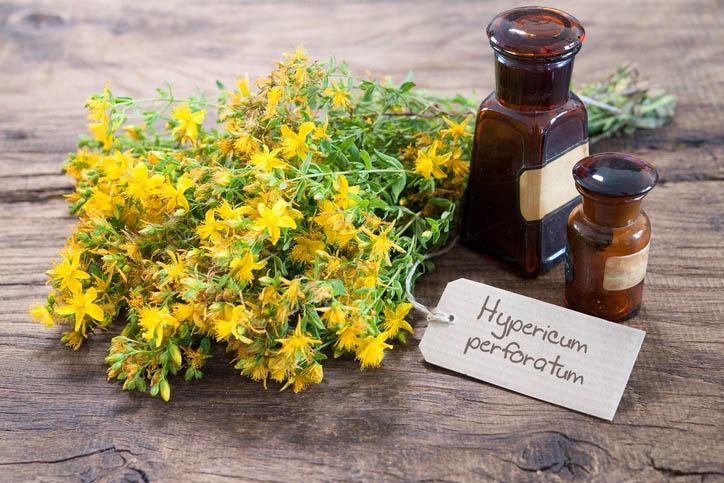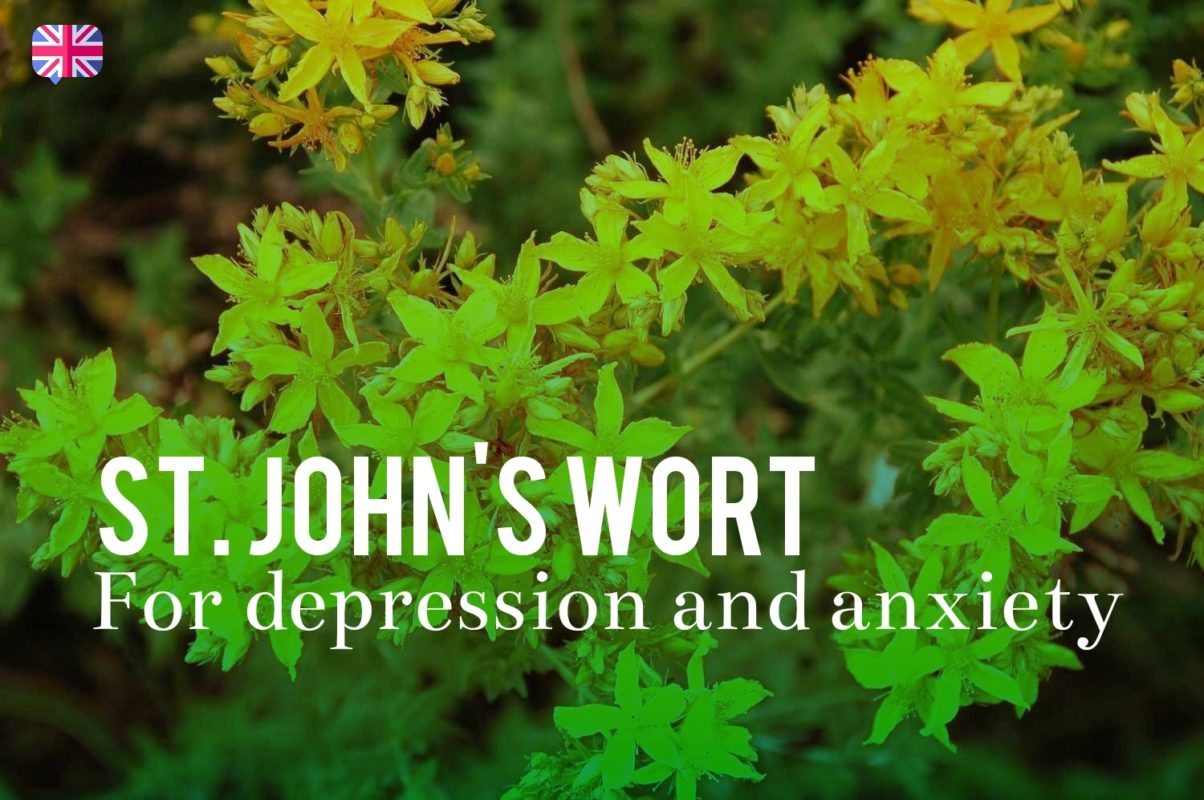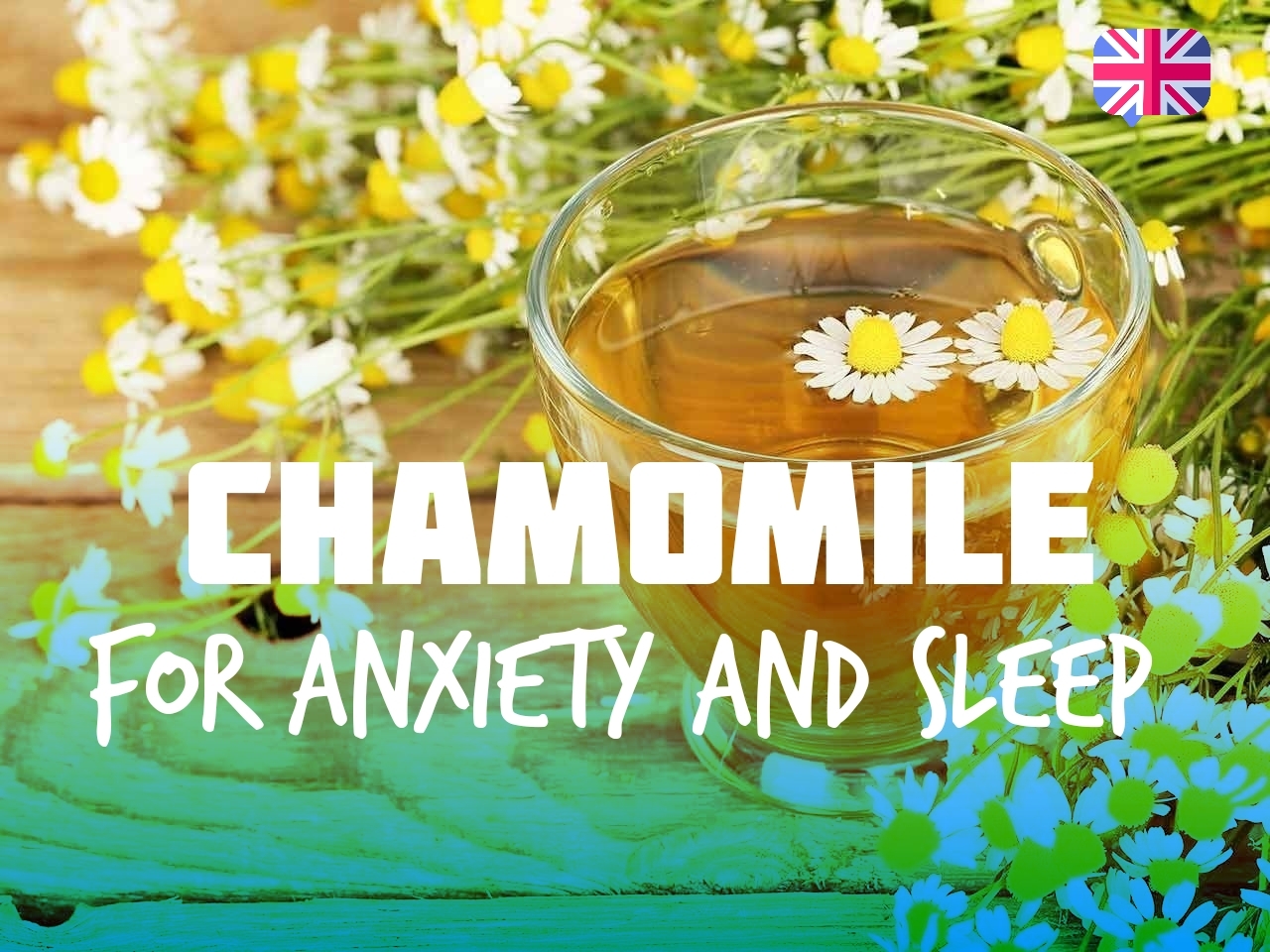HERB - Introduction to the Versatility and Benefits of Herbs
The Healing Power of St. John’s Wort: A Natural Alternative for Depression and Anxiety
Depression and anxiety are two of the most common mental health disorders affecting millions of people worldwide. While traditional pharmaceutical treatments like antidepressants and anti-anxiety medications can be effective, they often come with a long list of side effects that can be unbearable for some patients. This has led many individuals to seek alternative treatments for their mental health issues, including the use of St. John’s Wort.
St. John’s Wort, or Hypericum perforatum, is a medicinal herb that has been used for centuries to treat various ailments. It is commonly found in Europe, Asia, and North Africa, but is also widely available in supplement form in the United States. While St. John’s Wort has been used for a variety of conditions, its use for depression and anxiety has gained significant attention in recent years. In this article, we will explore the medicinal uses of St. John’s Wort, how it works to alleviate depression and anxiety symptoms, and how to use it effectively as an alternative treatment option.
Medicinal Uses of St. John’s Wort
St. John’s Wort has been used for centuries to treat a variety of ailments, including insomnia, nerve pain, and skin injuries. However, its most commonly known use is for depression and anxiety. St. John’s Wort is a natural antidepressant that works by increasing the levels of serotonin, dopamine, and norepinephrine in the brain. These neurotransmitters are responsible for regulating mood, sleep, appetite, and other bodily functions. By increasing their levels, St. John’s Wort helps to alleviate symptoms of depression and anxiety.
St. John’s Wort has also been found to have anti-inflammatory and antimicrobial properties, making it effective for treating wounds, burns, and other skin injuries. It has also been used as a natural remedy for menopausal symptoms, including hot flashes and mood swings.
How St. John’s Wort Works

St. John’s Wort contains several active compounds that contribute to its antidepressant and anxiolytic properties. Hypericin and hyperforin are two of the most important compounds found in St. John’s Wort. Hypericin works by inhibiting the enzyme monoamine oxidase, which breaks down serotonin and other neurotransmitters. By inhibiting this enzyme, hypericin helps to increase the levels of these neurotransmitters in the brain, leading to improved mood and decreased anxiety.
Hyperforin, on the other hand, works by inhibiting the reuptake of serotonin, dopamine, and norepinephrine. Reuptake is the process by which neurotransmitters are reabsorbed into the nerve cells after they have been released. By inhibiting reuptake, hyperforin helps to increase the levels of these neurotransmitters in the brain, leading to improved mood and decreased anxiety.
How to Use St. John’s Wort
St. John’s Wort is available in several forms, including capsules, tablets, teas, and tinctures. The recommended dosage of St. John’s Wort varies depending on the form and strength of the supplement. It is important to follow the dosage instructions carefully and to speak with a healthcare provider before starting to use St. John’s Wort, especially if you are currently taking any medications or have any underlying medical conditions.
St. John’s Wort should not be taken with certain medications, including antidepressants, birth control pills, and blood thinners. It can also cause photosensitivity, so it is important to avoid prolonged exposure to sunlight when taking St. John’s Wort.
It is also important to note that St. John’s Wort can take several weeks to start working. It is not a quick fix for depression or anxiety symptoms, and it may not work for everyone.
Side Effects of St. John’s Wort

While St. John’s Wort is generally safe for most people, it can cause side effects and may interact with other medications. Some of the possible side effects include:
- Digestive issues such as upset stomach, constipation, or diarrhea.
- Dry mouth or increased thirst.
- Headaches, dizziness, or confusion.
- Skin sensitivity to sunlight, resulting in sunburns or rashes.
- Sexual dysfunction or decreased libido.
- Restlessness, anxiety, or irritability.
- Insomnia or trouble sleeping.
It is important to talk to a healthcare provider before taking St. John’s Wort, especially if you are taking any prescription medications or have any medical conditions.
How to Use St. John’s Wort
St. John’s Wort is available in various forms, including capsules, tablets, liquid extracts, and teas. The recommended dosage may vary depending on the form of the supplement and the individual’s needs. It is important to follow the instructions on the product label and to talk to a healthcare provider before starting a new supplement.
In general, St. John’s Wort should be taken with food to minimize the risk of digestive side effects. It is also important to avoid prolonged exposure to sunlight while taking St. John’s Wort, as it can increase the risk of sunburn and skin damage.
Conclusion

St. John’s Wort is a popular herbal supplement used for depression and anxiety. While research suggests that it may be effective for some individuals, more studies are needed to fully understand its benefits and potential risks. St. John’s Wort may interact with other medications and cause side effects, so it is important to talk to a healthcare provider before taking this supplement. When used as directed, St. John’s Wort may be a helpful addition to an overall treatment plan for depression and anxiety.











